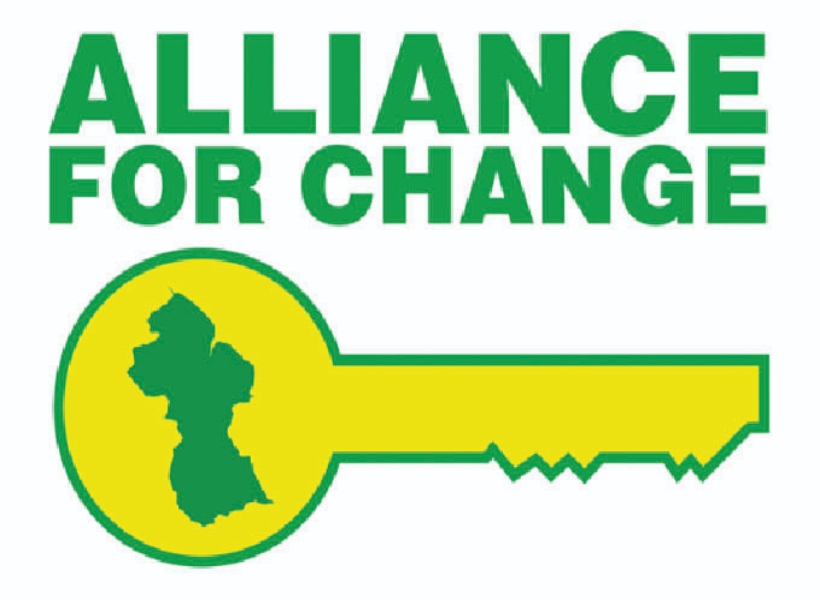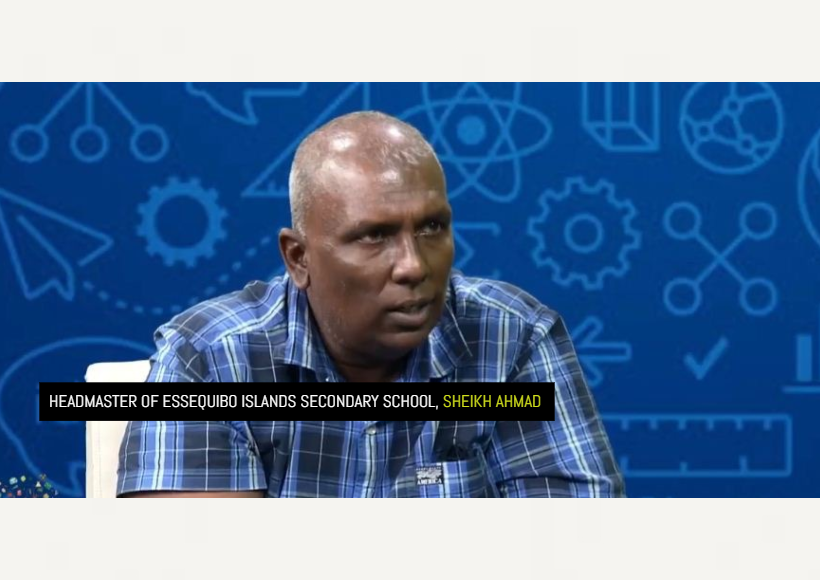Headmaster of Essequibo Islands Secondary School, Sheikh Ahmad, has voiced his concerns in relation to the ongoing nationwide strike initiated by the Guyana Teachers Union (GTU). During a recent discussion on NCN, the headmaster highlighted the timing of the strike amidst preparations by students for the National Grade Six Assessment (NGSA) and Caribbean Secondary Education Certificate (CSEC) exams.
The ongoing strike has sparked debates and concerns across the country, particularly among educators and administrators who are witnessing its repercussions firsthand.
Ahmad, with 26 years of experience in the field, stressed the significant role this term plays in shaping students’ academic futures. “This is a term that students need teachers the most,” he stated, underlining the importance of uninterrupted learning during this crucial period.
He said, “Imagine you as a father and you have your kid writing NGSA or CSEC and this is the final lap of the race and we (teachers) are walking away from your kid.”
“Let’s be realistic, as human beings, we can’t walk away from kids. We can’t walk away from the classroom. Because when this is over, everybody’s going back to the classrooms,” the headmaster said.
Reflecting on his personal stance, Ahmad cited both professional and ethical considerations for choosing not to participate in the strike.
He spoke about the tangible improvements in teachers’ salaries over recent years, noting a substantial increase of nearly 19% in his own earnings since 2019. He said, “Now, I would be ungrateful to walk away from my classroom having got such a large increase.”
Furthermore, he raised questions about the transparency and effectiveness of the GTU’s leadership, pointing out discrepancies in their actions during the challenging times of the COVID-19 pandemic.
“We pay them (GTU) $700 per month, right and if you have 12,000 teachers in this country, it means that they are getting $8.4 million a month, right? At the end of the year, they’re getting $100 million. They have never told us what they are doing with their money,” Ahmad questioned.
Notably the educator underscored, “I am not bemoaning the fact that teachers have a reason, a right to strike, but teachers also have a right to work and if I choose to work, if my staff choose to work, and we choose to work based on weighing the pros and cons, then that is our right because we found that society needed us, the community needed us.”
Amidst the ongoing discourse surrounding teachers’ grievances, Ahmad advocated for a holistic approach that prioritizes dialogue. He commended the Ministry of Education for the initiatives it rolled out to address systemic issues within the education sector, including the provision of essential resources and support for teachers.









